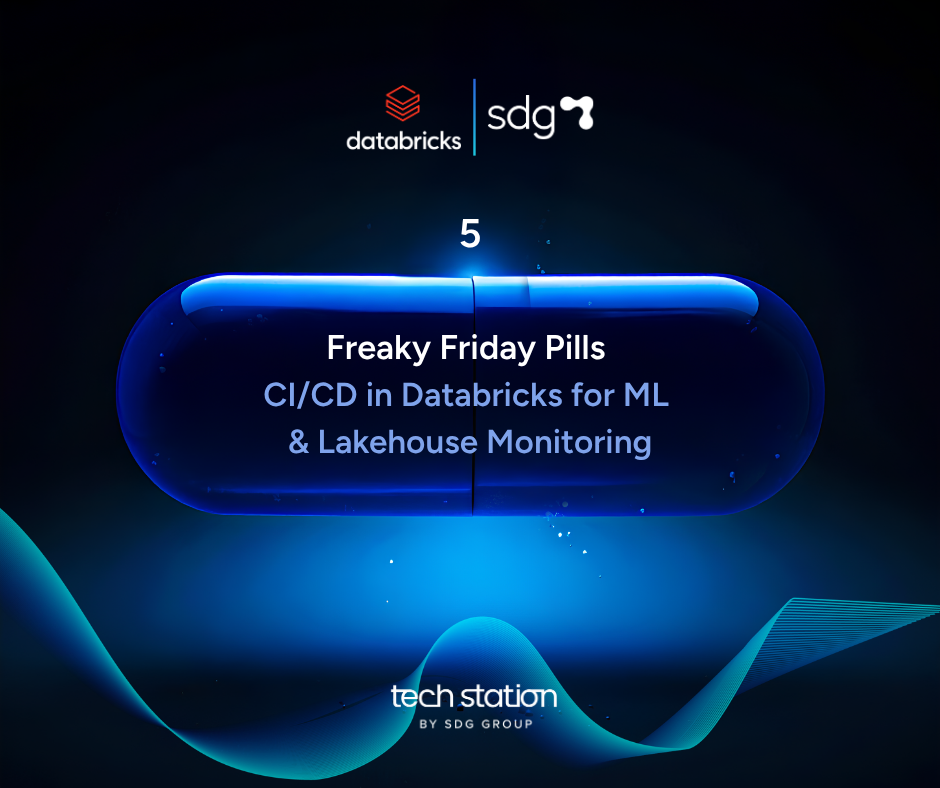Although the drug market access profile has been evolving for several years now, the analytics that help these profiles do their job has not evolved in the same way as the analytics to cover commercial excellence or sales force roles.
The importance of ensuring that products reach the patient is key for the industry, and it's critical to understand the different stakeholders that play a key role in this process: prescribers, regulators, and payers.
Data: The Key to Everything
One of the main problems with analytics within the context of drug market access is that the data is not centralized. Just as in the commercial environment, we have information from CRMs, IQVIA, and other sources. However, when we want to analyze drug market access, that information is not enough. It’s difficult to access information on tenders, awards, extensions, the status of pa tents, and the possibilities of introducing generics into a market. Thus, the first step is to properly define these origins and automate data capture methodologies.
Vanity Metrics? No Thanks
Having many metrics is not synonymous with having quality, actionable analytics. In recent years, we’ve seen an increase in metrics that do not always lead to better information for decision making. For this reason, it’s key to focus your efforts on defining the metrics that are most relevant to achieving your final objective. In the case of the pharmaceutical industry, the goal is that the medicine reaches the patient . To illustrate this concept, for example, it would be more important to focus on prices based on the daily dispensing dose, rather than on prices based on unit prices only.
We must ensure that the analytics we deploy are fully aligned with the defined strategy and that they are data driven. Unlike commercial and marketing strategies, which are more homogeneous in the industry (separating prescription from OTC), drug market access analytics require greater specificity based on the situation of each product/market.
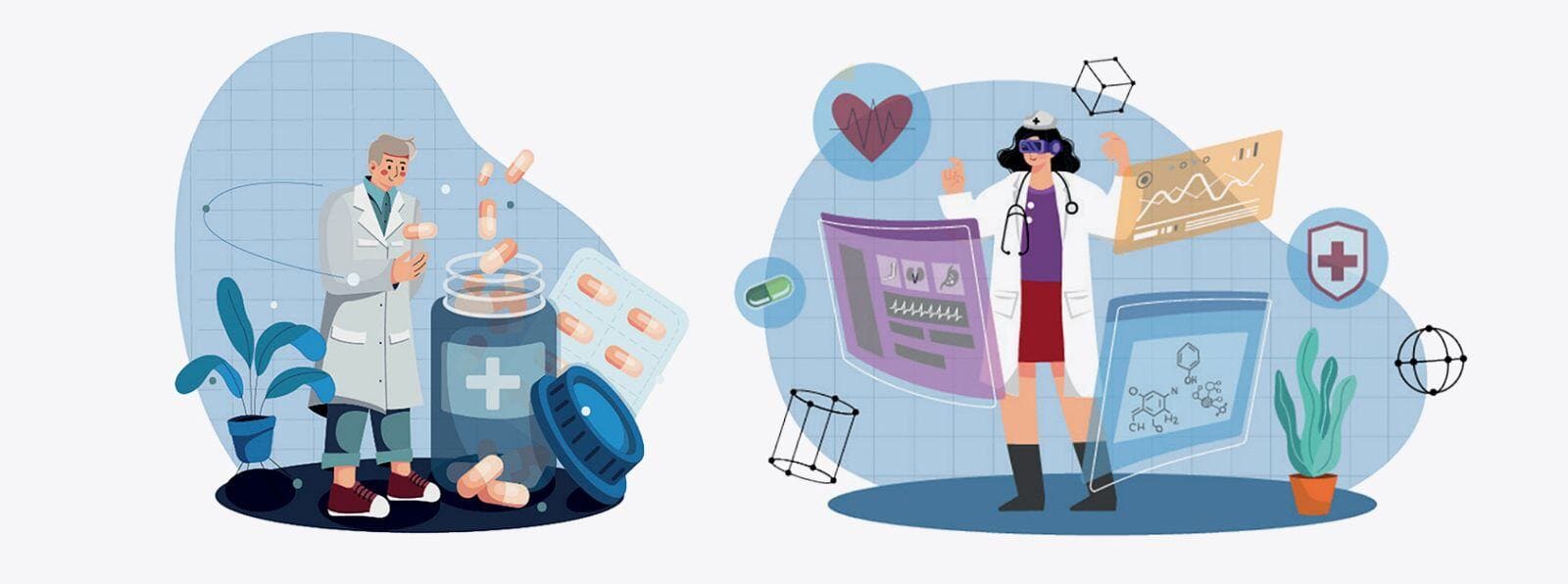 Image sourced from original PMFarma article, here.
Image sourced from original PMFarma article, here.
Looking Ahead: AI Applications in Drug Market Access
AI has a wide range of potential applications in the field of drug market access. One of the main applications of AI in this field is the analysis of large amounts of data to identify patterns and trends that can be useful in improving the efficiency and effectiveness of the market access process. For example, AI can be used to analyze drug sales and prescription data to identify growth opportunities in the market or to determine which products have the greatest potential for success. Furthermore, artificial intelligence can be used to improve communication and customer service through the use of chatbots and automated customer service systems. In summary, AI can be a valuable tool in the drug market access process by allowing a deeper and more detailed analysis of data and providing greater efficiency in communication and customer service.
To learn more about how SDG Group can help your organization harness the power of Data & Analytics within the unique lens of your industry, contact us today.
Original article in Spanish published in PMFarma. View here.
.png?width=2000&name=SDG%20-%20Logo%20White%20(1).png)



.jpg)


-2.jpg)
%20(3).png)
.jpg)


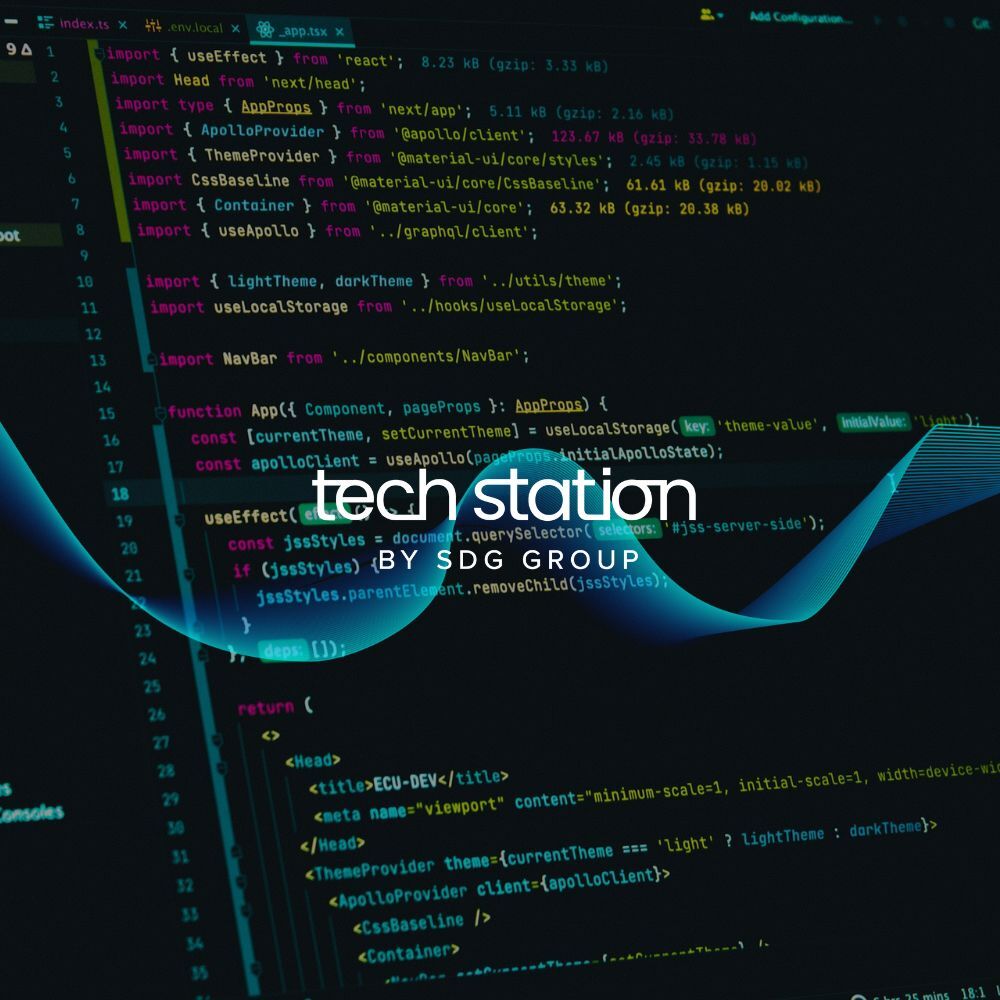
%20(2).png)



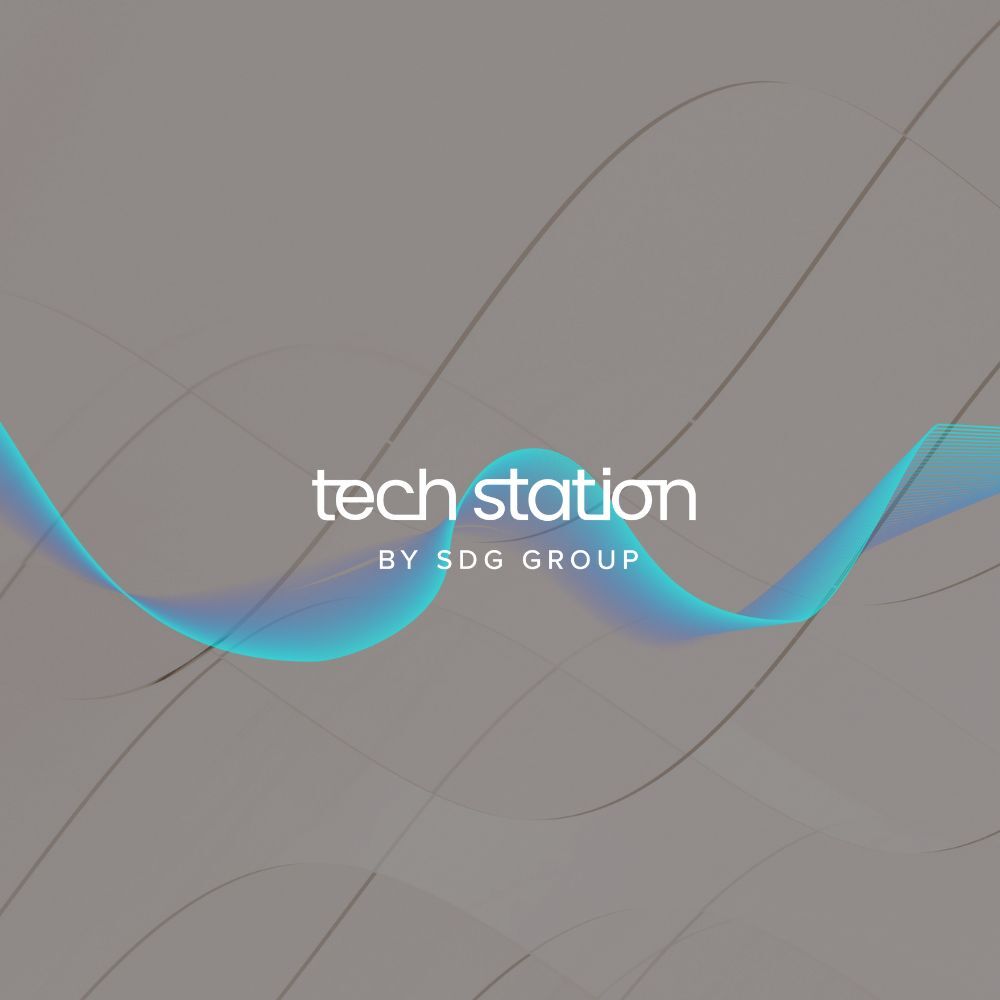
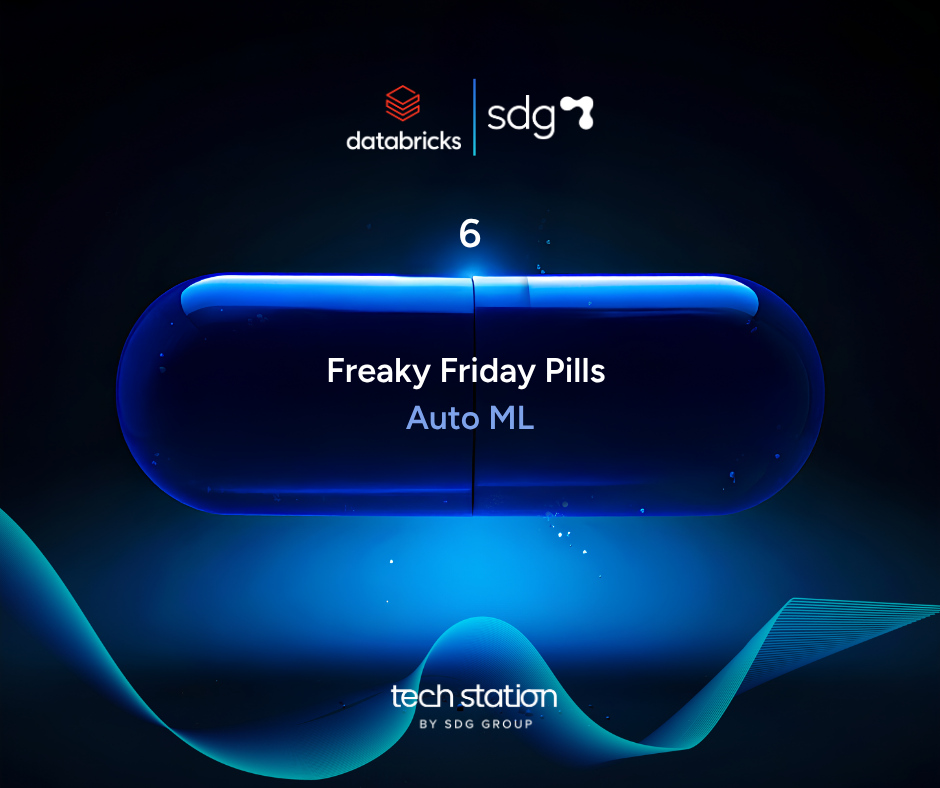
%20(1).png)
